Commissions
Research with Humans
The Ethics Committee for Research with Human Beings of the Federal University of Viçosa (CEP/UFV) is a deliberative collegiate group which, together with the National Commission for Ethics in Research (CONEP), is part of the CEP/CONEP system.
It is a cooperative body characterized by its multi and transdisciplinary composition, with members from different areas of knowledge responsible for the ethical appreciation of protocols that involve human beings participating in research works.
The CEP/UFV was accredited by CONEP, and its activity regulations can be found in the Internal Regulations and in Resolutions, Operational Norms and Circular Letters of CONEP and the National Health Council. Its members have independent action in deliberative, advisory and educational activities, aiming to promote the protection of research participants and providing ethical guidance for researchers.
Animal Research
The Ethics Committee for the Use of Animals of the Federal University of Viçosa (CEUA-UFV) aims to analyze the ethical issues of any and all proposals for scientific or educational activities involving the use of non-human live animals belonging to the Phylum Chordata, Sub-Phylum Vertebrata.
The commission is composed of research faculty members from the areas of Veterinary Medicine, Biology, Physical Education, Nutrition, Pharmacy, Animal Science and related areas, besides representative members of the animal protection society legally established in the country. The CEUA activities in the institution are executed based on the normative resolutions and guidelines provided by the National Council for Animal Control and Experimentation (CONCEA).
Biosafety
The Internal Biosafety Commission (CIBio) is fundamental for the monitoring and surveillance of activities involving Genetically Modified Organisms (GMO) and their derivatives and enforcing biosafety standards. Every institution dedicated to teaching and scientific research using techniques or carrying out research with GMO and its derivatives must have a CIBio.
The Internal Biosafety Commission (CIBio) of the Federal University of Viçosa was created by Ordinance 1233/2010/RTR of 10/14/2010, in accordance with Federal Law No. 11.105, of March 24, 2005, in submission to the National Biosafety Technical Commission (CTNBio).
The CIBio/UFV is in charge of analyzing and providing guidance in matters related to biosafety and containment work involving genetically modified organisms, specifically transgenics, and is linked to the Research and Graduate Studies Office of the Federal University of Viçosa.
The CIBio/UFV is responsible for obtaining licenses from the CTNBio, besides advising, analyzing and making decisions related to the technical biosafety aspects of all scientific procedures involving the manipulation of GMOs to be developed at the UFV, considering the legislation in force, the relevance of the scientific purpose and the impacts of such activities on the environment and public health. The UFV Biosafety Quality Certificate (CQB) number (0024/97) must be presented whenever requested, ONLY by those UFV researchers who have their project accredited by this CIBio.
Genetic Heritage
SisGen is the National Genetic Heritage and Associated Traditional Knowledge Management System.
Every researcher must register in SisGen the access, sending and dispatch of national genetic heritage (PG) or associated traditional knowledge (CTA) carried out from June 30, 2000.
As of 11/06/2018, accesses, submissions and remittances of PG or CTA not registered in SisGen will be considered administrative infractions, and the researcher and institution become punishable by the following sanctions for : warning, fine and seizure. In some specific cases, the deadline will be one year from the future availability of the new SisGen by the Government.
If you carry out one of the activities listed below, you are probably subject to the Biodiversity Law (Law 13.123 of 2015) and its regulation (Decree 8.772 of 2016).
a) Access, sending and dispatch of national genetic heritage (including exotic species that form spontaneous populations and that acquired specific characteristics in the national territory);
b) Access to traditional knowledge associated with the national genetic heritage;
c) Economic exploitation of product or reproductive material developed from an accession.
We have gathered on this website, the summarized information necessary for you to regularize your research activities subject to the Biodiversity Law and its regulations.

